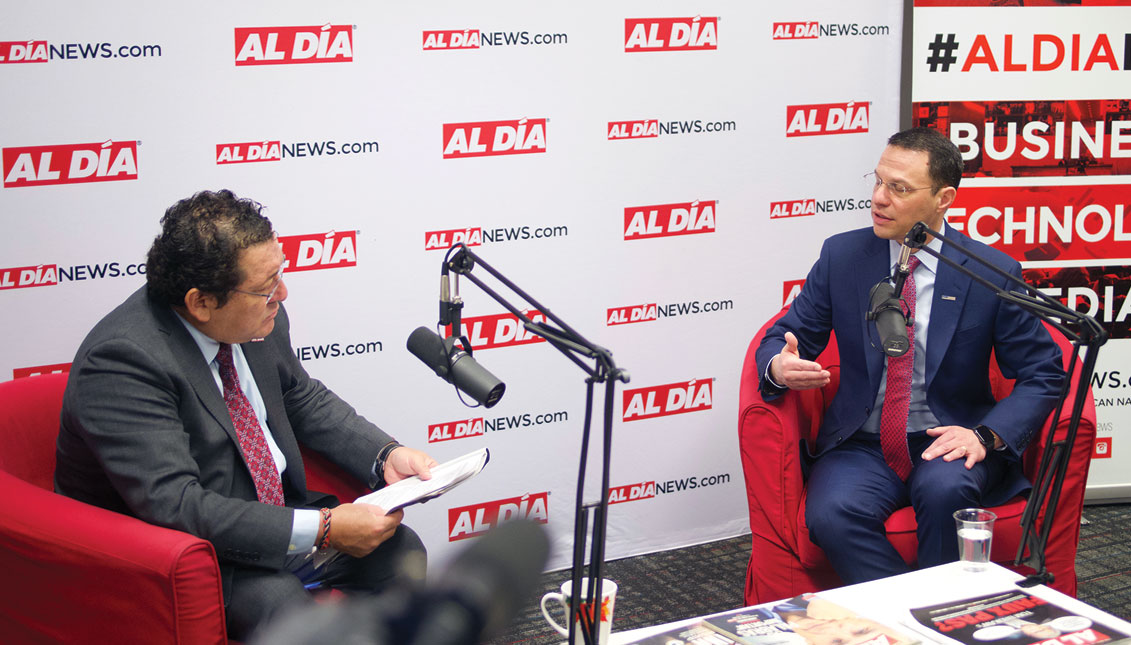
Josh Shapiro talks the Catholic Church sex abuse scandal. He also answered questions on immigration and opioids
Shapiro joined AL DÍA last week to discuss the Office's prosecutions of predator priests for sexual abuse of children, leaving open a hotline for the public to…
The State of Pennsylvania Attorney General Josh Shapiro has had a busy two years as the State's top law enforcement official.
Shapiro’s top priority has been dealing with the opioid crisis, he told AL DÍA, and he has made waves suing the Trump administration more than 20 times to date - all successful suits, he likes to note.
Yet, perhaps what the Democratic state representative-turned-Attorney General is best known for is the grand jury report he oversaw on the Catholic Church child sex abuse and cover-up scandal, which implicated 301 “predator priests” who allegedly sexually abused more than 1,000 children in Pennsylvania, going back decades.
His office’s work on the issue influenced the Pope to call a summit last weekend to discuss the Church’s issues on the matter - a step perhaps in the right direction, despite the lack of concrete actions that have resulted from it so far.
Shapiro joined AL DÍA on Tuesday to discuss the Catholic Church, immigration and the opioid crisis, as well as what his political future may look like.
The following interview has been condensed. You can tune in to the podcast embedded below for the full interview.
When I was sworn in, I made a commitment to the people of Pennsylvania that I would put people before powerful institutions, that I would look out for the most vulnerable in our community, and I think we can all agree, no matter where we come from or what our political perspectives are, that children are our most vulnerable and wonderful asset in our society.
After two years of hard work by my office, by 23 grand jurors - that’s 23 men and women from Pennsylvania - we unearthed incredibly horrific and disturbing facts. We identified 301 “predator priests.” The grand jury found that thousands of Pennsylvania children were violated, were abused, were raped, were assaulted. The grand jurors found an organized, systematic cover-up that stretched all the way to the Vatican, that enabled the abuse. We thought it was important, and the grand jurors thought it was important, to unearth these horrors so that the public finally knew what was really going on, number one. And number two, to ensure that something like this could never, ever happen again.
Since our grand jury report was released, 15 other state attorneys general have now launched their own investigations. I’m not at liberty to speak about it, but the federal government has opened up an investigation.
[This] happened because the institution was put before people. It happened because, when an individual priest raped a little boy or a little girl, the institutional leadership decided that it was more important to protect the church and its reputation, than protect that child.
What we did is we built on the good work that was done in Philadelphia, we built on the good work that was done by the Boston Globe in the Spotlight series, and we expanded on it, and released what I think is still the largest, most comprehensive report of its kind in the history of the United States.
I would note to you, and to the AL DÍA readers and watchers, this is not the first case of institutional sexual assault I’ve prosecuted. We prosecuted the administrators at Penn State who covered up the Jerry Sandusky crimes, and all of those administrators were found guilty and are serving time, or have served time, in jail. We are prosecuting, right now, prison officials in Lackawanna County, which is in the northeastern part of our state, for their role in sexually abusing female inmates. The list goes on and on and on.
Whether it’s the Catholic Church, prison officials, a pediatrician, or university officials, we’re going to follow the evidence wherever it leads, and prosecute people who harm kids or cover it up.
“If you recall, after we released our report on August the 14th, a few days later, the Pope acknowledged what was in our report, and he condemned it - not our report - but condemned the acts and the cover-up. His language was very, very strong. Interestingly enough, at a time when many bishops here in Pennsylvania were not acknowledging it, not accepting it, the Pope got in front of them and made it clear that this is not to be tolerated, and didn’t question the judgment of the grand jurors, and didn’t question the facts that we unearthed.
“While I think the Pope’s words were incredibly strong, and that in and of itself is a critically important statement, and part of this healing process, I have to say that they did not adopt, as I have called for, a zero tolerance policy. They did not, at least at this point, adopt any concrete steps in order to protect children. So, the words are important and, hopefully now, the bishops around the globe will take those words and incorporate them into policies.
“I don’t think it’s my place as the prosecutor to lecture the Church on specific steps it should take as it relates to how they practice with parishioners. I do think we have a role, however, to help the church adopt policies to ensure that something like this can never happen again and, to date, they have not yet done that.
For me, to watch as the Church leadership weaponized their faith and used it as a tool to abuse children, used it as a tool to cover up the abuse of the children, it sickens me as the Attorney General, it sickens me as a person of deep faith, it sickens me on every level, as a father.
We set up a clergy abuse hotline that you can call. I have specially trained agents that answer those calls and talk to victims. We protect their privacy, and I can tell you that more than 1,500 people have called that clergy abuse hotline since our report was released back in August. That’s an astronomical number compared to other hotlines we’ve had set up. We will handle any call professionally, and we’ll be here for you.
While we identified 301 predator priests, because of our weak laws in Pennsylvania, and what’s called the statute of limitations - the amount of time you can prosecute these cases - we were only able to charge two predator priests. Both of them have been convicted, and both of them will be behind bars for quite some time.
RELATED CONTENT
We learned in the grand jury investigation that the Catholic Church would use confidentiality agreements essentially to buy victims’ silence. So, a child would be raped by a priest, a bishop would know about it, and instead of removing the priest, instead of passing them to law enforcement so they could be prosecuted, they would write a check to the family of the abused, and as part of that say that you can’t speak to anybody about this, that’s the confidentiality agreement.
Now, for too long victims believed that that also meant they couldn’t talk to law enforcement. So, one of the things we’re trying to clarify in the state law is that if you engage in a confidentiality agreement with the Catholic Church, or any other institution, they can’t stop you from talking to law enforcement. That’s one of the key reforms we want to see passed.
My job is not just to opine on every policy or statement that the President makes. My job is to use the law to protect the citizens of Pennsylvania. So, I don’t sue the president when I disagree with him. I fundamentally disagree with his decision to declare an emergency. I think he is wrong. But, I sue based on violations of the law, so in this present case, what I’ve made clear is that I think we will have proper standing, the ability to sue, if and when I learn that money that was supposed to come to Pennsylvania is instead diverted to build this wall down on the southern border. And I’ve made very clear that if, in fact, the White House does that, if in fact President Trump does that - take money from Pennsylvania and sends it to the wall - then I’ll be prepared to go to court and fight that on behalf of Pennsylvanians to stop that. So, don’t read my not getting on a lawsuit right now as support for what the President’s doing.
We need a strong border. We need to have standards people need to meet in order to come to this country legally. I’m for all of that. I just think what we need to do is have a real, honest discussion about passing comprehensive immigration reform and border security, and stop having these one-off issues that distract from the broader conversation that needs to take place.
I think that when we talk about comprehensive immigration reform, yes, we need to have, in some places, physical barriers along our border. We need to have aggressive monitoring at these border checkpoints. We need to have laws for asylum. We need to have very clear guidelines on what you need to do to enter this country legally, and reward those who go through that process. And, we need to have an honest conversation about the 13 million or so people who are here in this country who entered illegally, but have now built lives for themselves here, and figure out pathways to citizenship for them.
The opioid epidemic, the heroin crisis, the fentanyl crisis - this is my top priority, and it has been since day one. We lose 15 Pennsylvanians every single day to drug overdose. We lost 1,200 Philadelphians last year. That is unacceptable. Kensington is at the heart of the crisis in Philadelphia, and so I started something called the Kensington Initiative where we’re leveraging a lot of different law enforcement resources to take out the major dealers that are crippling those communities.
We just took out a major network that operated on Argyle Street in Kensington a couple weeks ago. Look, in addition to the massive amount of heroin, and fentanyl, and guns, and cash that we took out of these homes, we also focus not just on the law enforcement aspect of it, but giving people their lives back. You know what happened the afternoon after we had that raid early that morning? Kids came out to play again. Neighbors came out and cleaned up the sidewalks. They repaired fences and put lighting up. These people got their corners back. They got their neighborhood back, and I think it’s incumbent upon us to keep doing that work.
We’re working closely with the city of Philadelphia to be able to come in and provide those resources right after we do our law enforcement operations. I’ve said many times that drug addiction is a disease, not a crime, so you can’t arrest your way out of this. But we need a robust law enforcement response to get these poisons out of our neighborhoods, and get these dealers off our streets so kids can come out and play again.
Here’s what I plan to do: I plan to keep doing a good job, I think, as Attorney General. I’ve got the blessing of my family to run again, so we’ll be doing that. I’ve learned that you can’t do your job effectively if you’ve got an eye on something else. I love doing this work. I love being an executive. I love serving the people of Pennsylvania, and I hope to be able to keep doing that for quite some time.
The Office of Attorney General’s Clergy Abuse Hotline number is 1-888-538-8541.
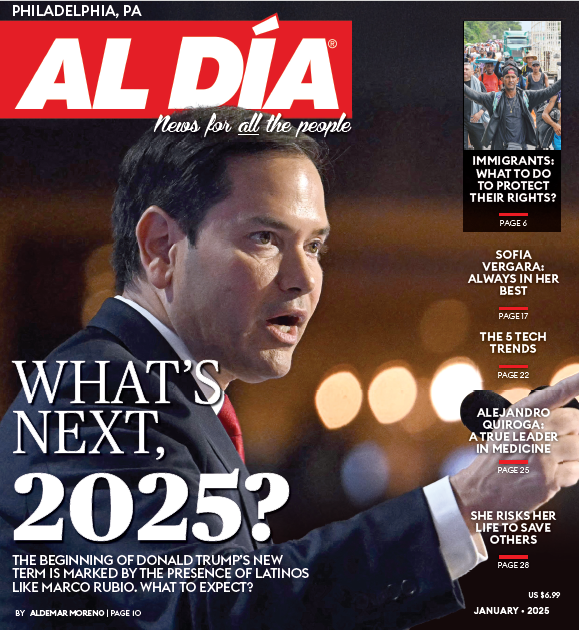

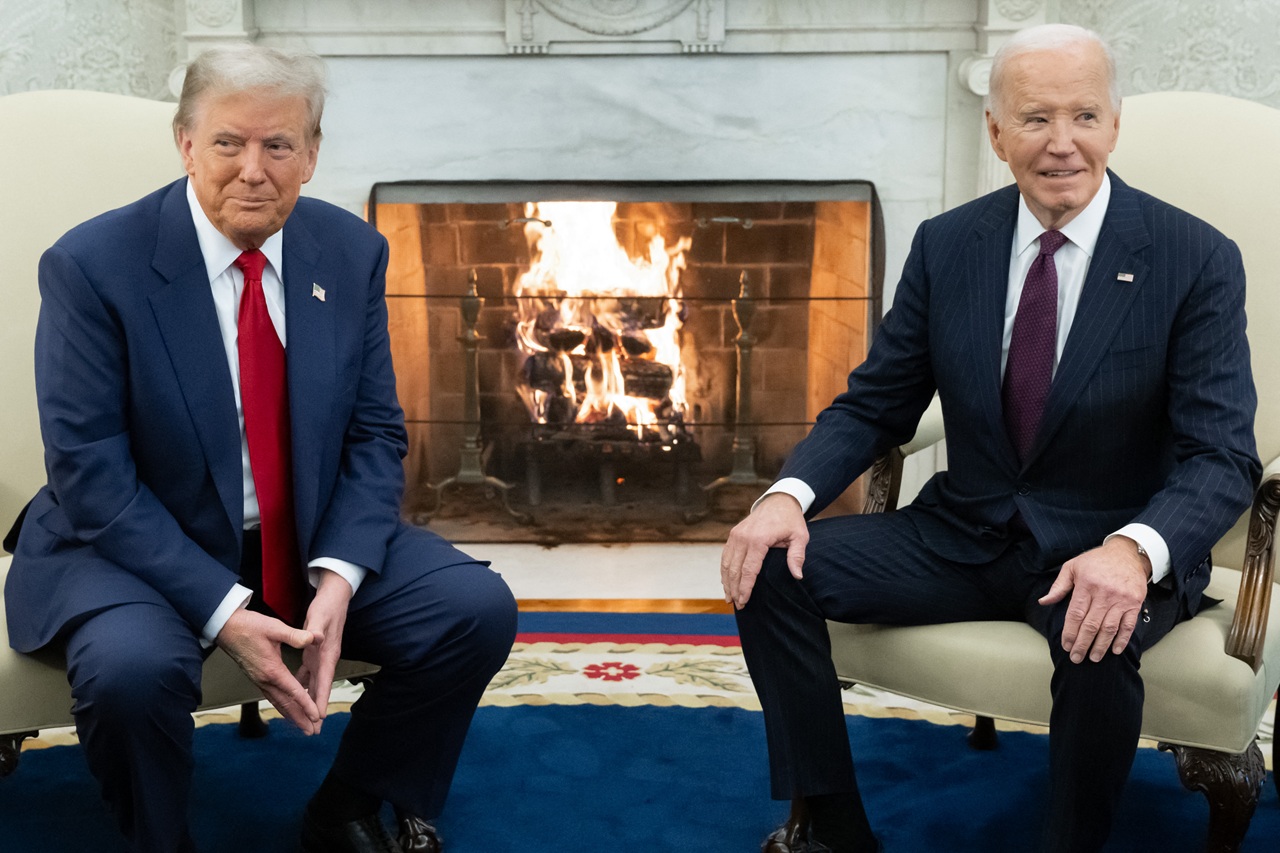



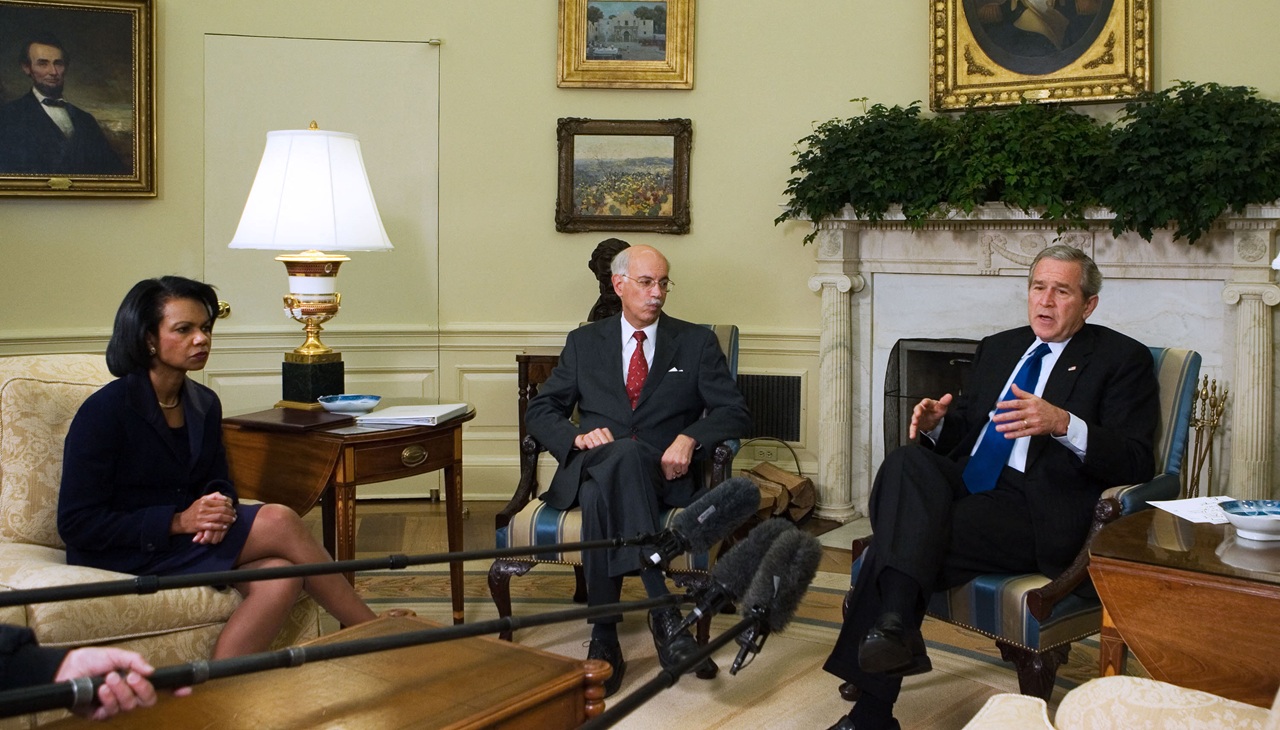


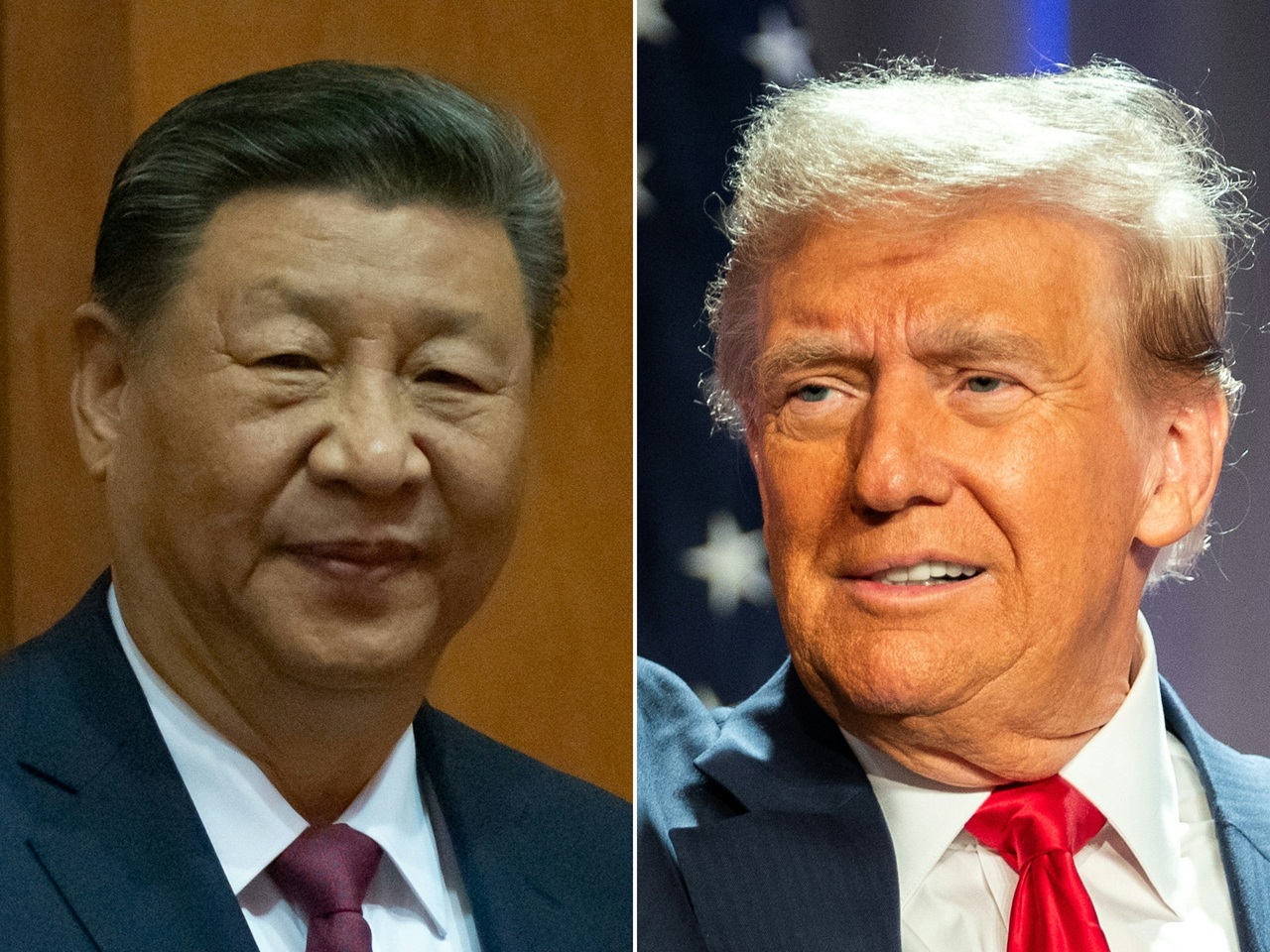

LEAVE A COMMENT: